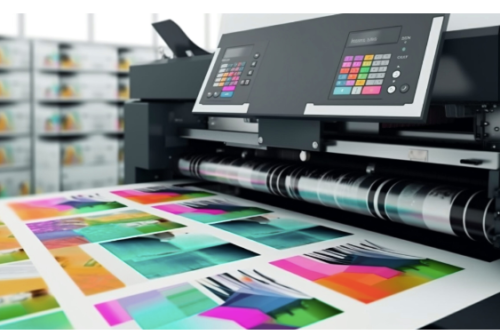
NextGen EMR is a multi-tiered Healthcare Information Management System (HIMS) designed to streamline the clinical workflow and provide seamless patient care. It also reduces administrative overhead by automating routine clinical processes, including billing, insurance, scheduling, and accounting. This EHR solution for medical practices is designed for hospitals, nursing homes, home health agencies, doctor offices, pharmaceuticals, home health agencies, and other healthcare facilities. It also meets federal requirements for managed care management.
Next Generation Emr is a fully featured electronic health records (EHR) platform that provides streamlined workflow applications for physicians in the integrated network. It is designed to replace the current on-site EHR systems that are costly or cumbersome for most practice-based work. NextGen EMR software is designed to quickly assimilate all the data necessary from multiple payer sources, including historical data, direct reimbursement information, inpatient data, and hospital claims. This multi-tiered approach helps clinics remain competitive in today’s inpatient market. At this stage, this technology is available for inpatient and office-based office services.
The inpatient market is fast-moving and requires innovative solutions that are easier to use and more accurate than ever. As this technology matures, it will implement at the hospital, doctor’s office, and outpatient level. The medical office will benefit from the NextGen portal applications for accessing patient information and scheduling appointments. The portal can easily integrate with the practice’s EMR application to provide patients with direct access to their medical records. This is particularly valuable for patients who wish to see physicians off-site or make adjustments to their medications and treatment regimens.
The next generation of MR is designed to reduce practice costs and improve patient care. The enhanced functionality allows practices to seamlessly move from currently accepted methods of billing to electronic payment. Electronic medical record systems will play a large part in reducing duplicate tests, decreasing red tape, and increasing the accuracy of patient records. According to the American Medical Association, the additional benefits of NextGen EMR are expected to create substantial increases in inpatient health care productivity, decrease administrative costs, enhance compliance, improve communication and collaboration between physicians and patients, and increase practice efficiency.
To help implement the new electronic medical record and billing system, health care management companies are developing custom EHR workflows that are compatible with the Next Generation EMR architecture. In addition to improving workflow efficiency, these workflows will allow clinicians to use their existing tools to schedule patients, create insurance documentation, and update patient health information. The development of these workflows has streamlined the process of implementing EMR and has provided a path for clinical improvement.

A majority of the world’s largest medical practices and other healthcare facilities are turning to the consulting services of an EHR consultancy firm for the development and implementation of their NextGen EMR and clinical workflows. There are many advantages to using EHR consultancy services to achieve these goals. One advantage is the company would have direct access to industry professionals and medical research. Another advantage is that the consultants are experienced in creating and maintaining the best software in the field. These professionals can create workflow processes that will save time and money for medical practices and increase productivity and profits.
With the introduction of the new billing format by the Centers for Medicare & Medicaid Services (CMS) last month, more clinics are turning to eHR consultation and application development to address the challenges of the new fee-for-service model. According to the CMS, clinics will need a comprehensive and integrated EHR solution by July 1st, 2021. Under the new fee-for-service model, clinics no longer bill patients directly for services. Instead, they will bill the insurance agency using a computerized patient account containing all the patient’s information. The new system is expected to reduce the number of rejected claims, resulting in a drastic reduction in CMS reimbursements.
NextGen Emr and other applications are designed to improve the already outstanding systems already in place at clinics nationwide. The creation of clinical workflows, which allow for the integration of patient data across multiple locations, is expected to speed up the collection of medical records by reducing the amount of paper that must be used and eliminating the potential for inaccurate billing. EMR and CRM integration will also provide real-time access to clinical information for physicians and other staff members. While these systems are still in their testing stages, the anticipated benefits will bring about a dramatic improvement in how healthcare providers serve their patients.



